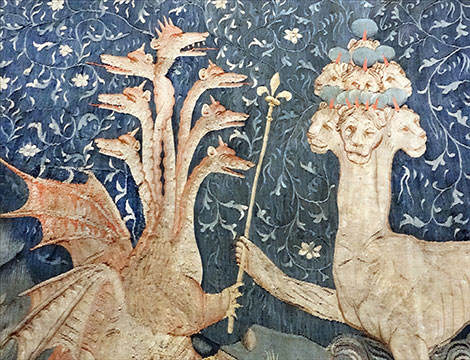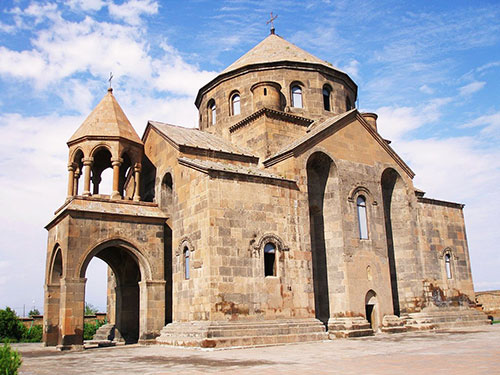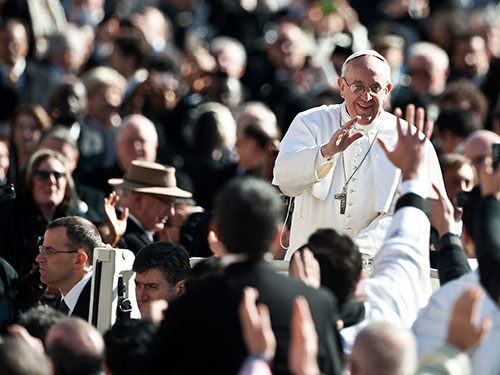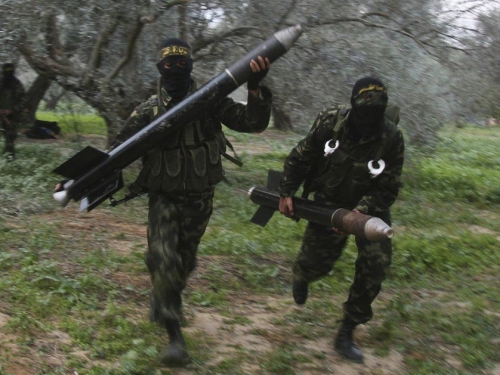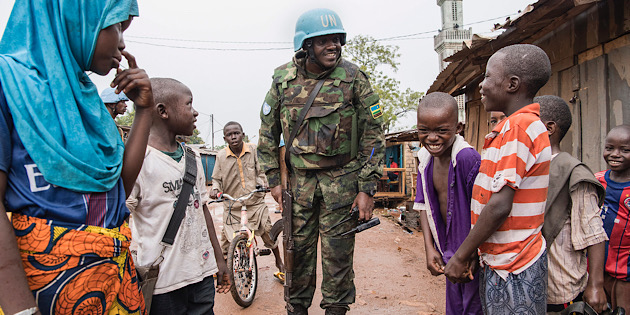 Image courtesy of United Nations Photo/Flickr. (CC BY-NC-ND 2.0)
Image courtesy of United Nations Photo/Flickr. (CC BY-NC-ND 2.0)
This article was originally published by Political Violence at a Glance on 13 April 2020.
Imagine this: You are a farmer in northwest Central African Republic. In 2013, several of your family members and friends were killed by the ex-Séléka, a predominately Muslim rebel group that briefly took control of a large part of the country. Your wife survived, but was violently raped by some ex-Séléka fighters. A loosely organized network of Christian militias, generally referred to as the anti-Balaka, managed to defeat the ex-Séléka. Subsequent retaliatory attacks by the anti-Balaka, and communal clashes between the Christian and Muslim populations, forced almost the entire Muslim population to flee from the area where you live.

